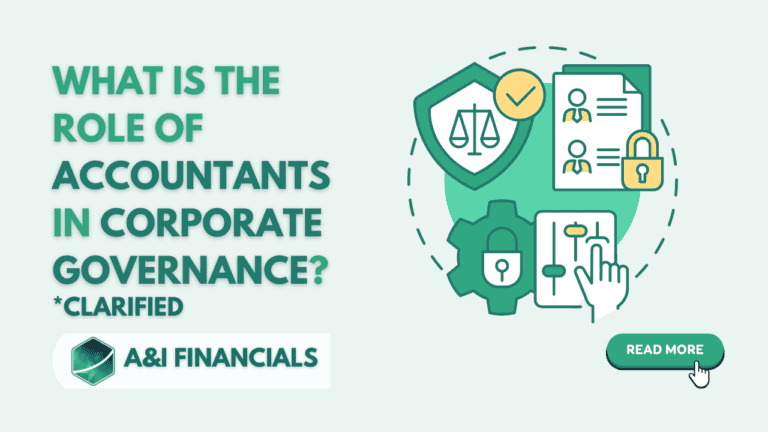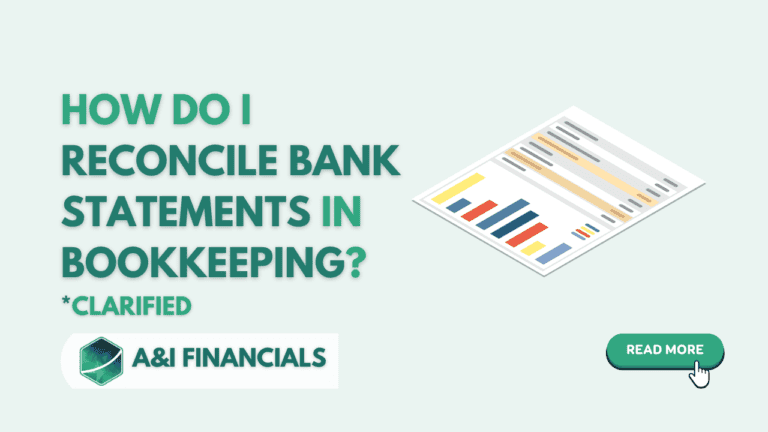How Do Accountants Ensure Compliance with Tax Laws?
Tax compliance can seem like navigating a labyrinth. Luckily, accountants are like skilled guides with a map, compass, and flashlight to ensure everyone stays on the right path. How do accountants ensure compliance with tax laws? Let’s dive in and unravel this mystery, one step at a time.
The Role of Accountants in Tax Compliance
Accountants are crucial in maintaining the financial health of individuals and businesses. They are not just number crunchers; they are the gatekeepers of compliance. Here’s how they play their part:
Types of Accountants and Their Responsibilities
- Tax Accountants: Specialize in preparing and filing tax returns. They stay updated on the latest tax laws and regulations to minimize liabilities.
- Forensic Accountants: Investigate financial discrepancies and fraud. They ensure that all financial dealings comply with the law.
- Certified Public Accountants (CPA): Qualified to handle a wide range of accounting tasks. Their certification demands extensive knowledge of tax laws and compliance standards.
Each type of accountant brings a unique set of skills to the table, ensuring comprehensive compliance across different financial aspects.
Understanding Tax Laws
Importance of Tax Laws
Tax laws are the rules and regulations that govern how taxes are calculated, collected, and enforced. These laws ensure that governments can fund public services and infrastructure.
Types of Tax Laws
- Federal Tax Laws: These are nationwide laws that apply to all individuals and businesses in the country.
- State Tax Laws: Vary from state to state and can include income, sales, and property taxes.
- Local Tax Laws: These might include local income taxes, property taxes, and specific municipal fees.
Staying compliant means understanding and adhering to all these layers of tax regulations.
How Accountants Maintain Compliance
Accurate Record-Keeping
One of the fundamental ways accountants ensure compliance is by maintaining accurate records. This includes:
- Balance Sheets: Providing a snapshot of a company’s financial position.
- Income Statements: Detailing revenue and expenses over a specific period.
- Cash Flow Statements: Showing how changes in balance sheet accounts affect cash and cash equivalents.
Accurate record-keeping is crucial for preparing reliable financial statements, which are necessary for both compliance and investor confidence.
Timely Filing of Corporate Tax Returns
Filing tax returns on time is non-negotiable. Accountants ensure that:
- Corporate Tax Returns: Are prepared and filed accurately and on time.
- Income Tax Returns: For individuals are filed within the deadline to avoid penalties.
Accountants meticulously manage deadlines and ensure all necessary documents are filed promptly.
Adhering to Generally Accepted Accounting Principles (GAAP)
GAAP are the standard framework of guidelines for financial accounting. Accountants follow these principles to ensure that:
- Financial statements are consistent and transparent.
- Revenue recognition is handled correctly.
- Financial reporting is reliable and can be trusted by investors.
Following GAAP helps in maintaining compliance with both legal standards and ethical norms.
Internal Controls and Compliance
Importance of Internal Controls
Internal controls are processes put in place to ensure the integrity of financial and accounting information. They help:
- Minimize the Risk: Of errors and fraud.
- Ensure Compliance: With laws and regulations.
Types of Internal Controls
- Preventive Controls: Designed to prevent errors or fraud before they occur. For example, requiring authorization for large transactions.
- Detective Controls: Designed to detect errors or fraud after they have occurred. For example, regular reconciliations and audits.
Effective internal controls are a backbone of compliance, ensuring that all financial processes adhere to legal and regulatory standards.
Tax Deductions and Credits
Common Deductions and Credits
Accountants help identify and apply for various tax deductions and credits, such as:
- Business Expenses: Like office supplies, travel, and salaries.
- Charitable Donations: Contributions to qualified organizations.
- Education Credits: For tuition and educational expenses.
Documentation and Eligibility
Ensuring eligibility and maintaining proper documentation is key. Accountants make sure:
- All deductions and credits claimed are valid.
- Necessary documentation is retained to support claims.
This meticulous attention to detail helps in reducing the tax liability legally and ensures compliance.
The Role of Audits in Compliance
Types of Audits
Audits are thorough examinations of financial records and processes. They can be:
- Internal Audits: Conducted by the company’s own staff to check internal controls and procedures.
- External Audits: Conducted by independent auditors to provide an unbiased review.
- IRS Audits: Conducted by the IRS to ensure compliance with tax laws.
Preparation and Process
Preparing for an audit involves:
- Ensuring all records are accurate and up to date.
- Having a clear understanding of financial processes and controls.
- Being ready to explain and justify financial decisions and records.
Audits help identify areas of improvement in compliance and provide assurance that financial practices are sound.
Ethical Standards in Accounting
Professional Ethics
Accountants adhere to a strict code of ethics, which includes:
- Integrity: Being honest and straightforward in all professional and business relationships.
- Objectivity: Not letting bias, conflict of interest, or undue influence override professional judgments.
- Confidentiality: Respecting the confidentiality of information acquired as a result of professional and business relationships.
Impact on Compliance
High ethical standards ensure that accountants:
- Provide accurate and honest financial reporting.
- Avoid any actions that could be perceived as unethical or non-compliant.
- Maintain the trust of clients, regulators, and the public.
The Practical Side of Compliance
Tools and Software
Accountants use various tools and software to streamline compliance, such as:
- TurboTax: For preparing and filing tax returns.
- QuickBooks: For managing financial records and bookkeeping.
- Xero: For financial reporting and compliance management.
These tools help ensure accuracy, save time, and provide features that make it easier to stay compliant.
Professional Organizations
Organizations like the American Institute of CPAs (AICPA) and the Institute of Management Accountants (IMA) provide:
- Resources and Support: For staying updated on the latest regulations and best practices.
- Professional Development: Through certifications, training, and networking opportunities.
Being part of these organizations helps accountants maintain high standards of practice and stay compliant with evolving laws and regulations.
Emerging Trends in Tax Compliance
Technology in Accounting
Technological advancements are reshaping how accountants ensure compliance. For example:
- AI and Automation: Can handle repetitive tasks, identify patterns, and flag discrepancies.
- Blockchain: Provides a secure and transparent way to record transactions, reducing the risk of fraud.
Staying abreast of these trends helps accountants enhance their compliance practices.
Global Tax Compliance
For multinational companies, complying with tax laws across different countries is complex. Strategies include:
- Understanding International Tax Laws: Different countries have different rules and regulations.
- Using Tax Planning Strategies: To minimize liabilities while ensuring compliance.
Case studies of successful multinational compliance can provide valuable insights and best practices.
Conclusion
How do accountants ensure compliance with tax laws? They combine a deep understanding of tax laws, meticulous record-keeping, timely filings, adherence to ethical standards, and the use of advanced tools and technology. Their role is pivotal in maintaining the financial integrity of individuals and businesses alike. By ensuring compliance, accountants not only help avoid penalties but also build investor confidence and support the smooth functioning of the financial ecosystem. So next time you think of taxes, remember the unsung heroes who make sure everything is in order – the accountants.






